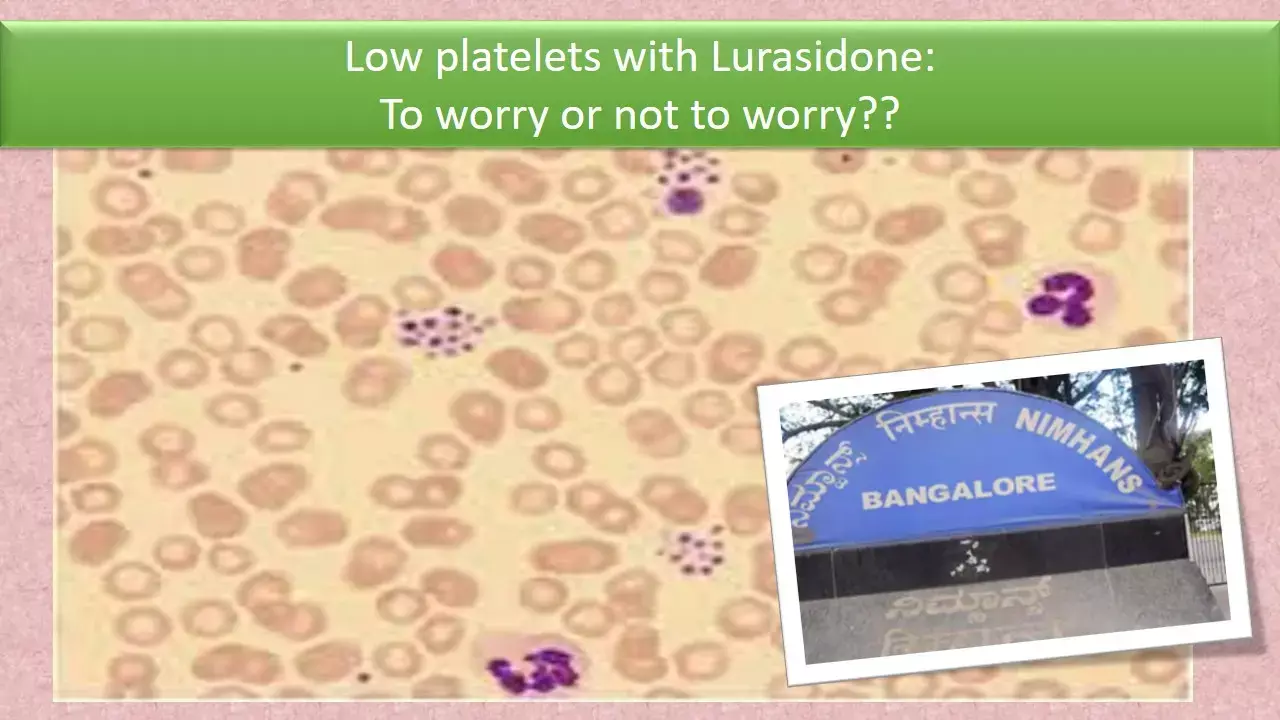- Home
- Medical news & Guidelines
- Anesthesiology
- Cardiology and CTVS
- Critical Care
- Dentistry
- Dermatology
- Diabetes and Endocrinology
- ENT
- Gastroenterology
- Medicine
- Nephrology
- Neurology
- Obstretics-Gynaecology
- Oncology
- Ophthalmology
- Orthopaedics
- Pediatrics-Neonatology
- Psychiatry
- Pulmonology
- Radiology
- Surgery
- Urology
- Laboratory Medicine
- Diet
- Nursing
- Paramedical
- Physiotherapy
- Health news
- Fact Check
- Bone Health Fact Check
- Brain Health Fact Check
- Cancer Related Fact Check
- Child Care Fact Check
- Dental and oral health fact check
- Diabetes and metabolic health fact check
- Diet and Nutrition Fact Check
- Eye and ENT Care Fact Check
- Fitness fact check
- Gut health fact check
- Heart health fact check
- Kidney health fact check
- Medical education fact check
- Men's health fact check
- Respiratory fact check
- Skin and hair care fact check
- Vaccine and Immunization fact check
- Women's health fact check
- AYUSH
- State News
- Andaman and Nicobar Islands
- Andhra Pradesh
- Arunachal Pradesh
- Assam
- Bihar
- Chandigarh
- Chattisgarh
- Dadra and Nagar Haveli
- Daman and Diu
- Delhi
- Goa
- Gujarat
- Haryana
- Himachal Pradesh
- Jammu & Kashmir
- Jharkhand
- Karnataka
- Kerala
- Ladakh
- Lakshadweep
- Madhya Pradesh
- Maharashtra
- Manipur
- Meghalaya
- Mizoram
- Nagaland
- Odisha
- Puducherry
- Punjab
- Rajasthan
- Sikkim
- Tamil Nadu
- Telangana
- Tripura
- Uttar Pradesh
- Uttrakhand
- West Bengal
- Medical Education
- Industry
Lurasidone may cause pseudo-thrombocytopenia, report NIMHANS researchers

Ethylenediaminetetraacetic acid (EDTA)-dependent pseudothrombocytopenia (PTCP) occurs due to in vitro agglutination of platelets in the blood collection tube in the absence of clinical signs of thrombocytopenia. Instances of this condition with psychotropics such as olanzapine and valproate have been reported. For the first time ever, a research team led by Dr. Sakhardande from NIMHANS, Bengaluru has reported the incidence of PTCP with antipsychotic lurasidone. The case report was recently published in the Indian Journal of Psychiatry.
A 28-year-old physician presented to NIMHANS with a diagnosis of bipolar affective disorder-Type 2, in a moderate depressive episode. She also met diagnostic criteria for emotionally unstable personality and polysubstance use.
At the time of presentation, she was on lithium 900 mg/d and lurasidone 80 mg/d for 4 months. She was abstinent from all substances except nicotine for 4 months. A platelet count done 4 months ago was within the normal reference range.
But her present hemogram revealed persistently low platelet counts ranging from 20,000 to 30,000/uL. Total and differential white blood count, hemoglobin, and red blood counts were consistently within the normal limits. There was no history of febrile illness or recent weight loss. There were no signs of mucosal bleeding, petechiae, or purpuric patches. Tourniquet test was negative.
When no obvious cause or clinical manifestation of thrombocytopenia was found, the authors did a peripheral smear which showed adequate platelets (in clumps). A platelet count collected in a heparinized bulb revealed a count of 1,50,000/uL. Based on this, a diagnosis of PTCP was made.
Lurasidone was ineffective in alleviating depression, so was tapered and stopped. Psychotherapy was initiated. Three months later, a repeat platelet count was within the normal reference range. The Naranjo Adverse Drug Reaction Probability Scale revealed a score of 6, suggestive of a probable adverse drug reaction to lurasidone.
EDTA-associated PTCP is diagnosed when thrombocytopenia (<1,00,000) is seen when EDTA tubes are used for blood collection. This is the first instance of PTCP being described with lurasidone use. The use of an alternate anticoagulants such as citrate and heparin may help in differentiating PTCP from true thrombocytopenia.
Source: Indian Journal of Psychiatry: doi: 10.4103/indianjpsychiatry.indianjpsychiatry_625_21
M.B.B.S, M.D. Psychiatry
M.B.B.S, M.D. Psychiatry (Teerthanker Mahavir University, U.P.) Currently working as Senior Resident in Department of Psychiatry, Institute of Human Behaviour and Allied Sciences (IHBAS) Dilshad Garden, New Delhi. Actively involved in various research activities of the department.
Dr Kamal Kant Kohli-MBBS, DTCD- a chest specialist with more than 30 years of practice and a flair for writing clinical articles, Dr Kamal Kant Kohli joined Medical Dialogues as a Chief Editor of Medical News. Besides writing articles, as an editor, he proofreads and verifies all the medical content published on Medical Dialogues including those coming from journals, studies,medical conferences,guidelines etc. Email: drkohli@medicaldialogues.in. Contact no. 011-43720751


